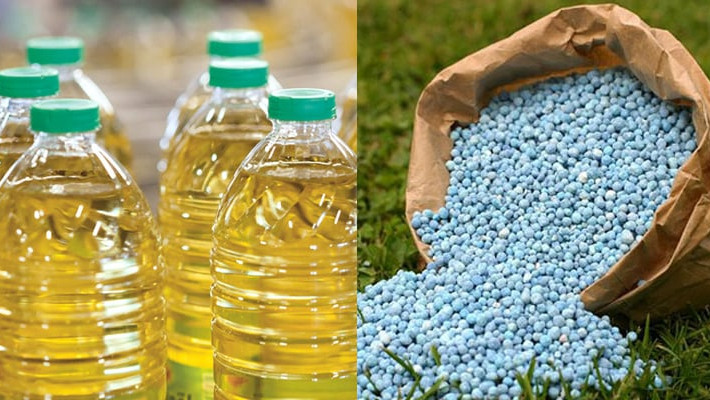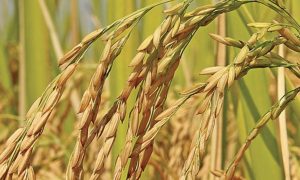Punjab: Use of herbicide to expedite moong, maize harvest sounds alarm bells

Farmers in Punjab are increasingly using Paraquat Dichloride, a toxic herbicide, to hasten the drying of moong and maize crops for quicker paddy transplantation. Despite known health risks, the practice persists amid poor market rates and tight crop schedules, raising serious concerns over human safety and environmental impact.
In Punjab, farmers are increasingly using the toxic herbicide Paraquat Dichloride to accelerate the drying of moong and spring maize crops for quicker paddy transplantation, despite known health hazards. This practice raises concerns due to Paraquat’s toxicity, which can lead to severe health issues and fatalities, as highlighted by recent poisoning cases and regulatory debates over its use.
BATHINDA: With the harvesting of moong and spring maize at its peak in Punjab, the rampant use of toxic herbicide has come to the fore. Paraquat Dichloride – a herbicide plant killer – is being used massively to quicken the drying time of both crops as farmers are in a hurry to transplant paddy or basmati.Though Paraquat Dichloride is widely used for weeding and grass control, it is being used in the fields in Punjab on moong, also called green gram, and maize.
Immediately after the spray on the plants, it starts working, and the plant is ready to be harvested in the next 48-72 hours. In doing so, farmers even overlook the health hazards. The use of Paraquat Dichloride to expedite harvesting when the crop is nearing maturity is being seen as a cause of concern.Paraquat is a highly toxic compound that can cause serious health effects.”The Registration Committee (RC) constituted under Section 5 of the Insecticides Act, 1968, in its 361st meeting on Dec 12, 2015, deliberated to review 66 pesticides, including Paraquat Dichloride, and accepted its continued use with caution, improved packaging to prevent misuse, and training for medical personnel to handle poisoning cases.
Further, a sub-committee was constituted to review the toxicity and safety of Paraquat Dichloride,” Union agriculture minister Shivraj Singh Chouhan stated in a written reply in Lok Sabha on Dec 3, 2024, when asked about the use of the toxic chemical Paraquat by the farmers. The Centre regulates the manufacture and use of pesticides in the country through the Insecticides Act, 1968, and Insecticides Rules, 1971, and pesticides are allowed for use in the country only after considering data on different parameters such as chemistry, bio-efficacy, toxicity, packaging, and processing to ensure efficacy and safety to human beings, animals, and the environment. The details of doses, crops, precautionary measures, and antidotes are prescribed on labels and leaflets of pesticides.
Dr Hargurpartap Singh from the small town of Nihal Singh Wala in Moga district is running a campaign against the use of Paraquat. He deals with acute poisoning and regularly comes across cases of ingesting Paraquat. Normally, farmers keep the chemical in their motor room or homes after use on crops and sometimes even ingest it upon any disturbance on the economic front or familial issues. He came across two cases in the last week, and both died as the intake caused multi-organ failure. In Punjab, both moong and maize are being sold below the minimum support price (MSP) of Rs 8,682 per quintal and Rs 2,225 per quintal, respectively. While moong is fetching Rs 7,000-Rs 7,500 per quintal, maize is being sold at Rs 1,700-Rs 2,000 per quintal, depending upon the quality of the cropJagraon in Ludhiana district is the biggest market for marketing of moong. Commission agents at Jagraon grain market said the crop fetched Rs 7,000-Rs 7,500.
To Read more about Maize News continue reading Agriinsite.com
Source : The Times Of India














